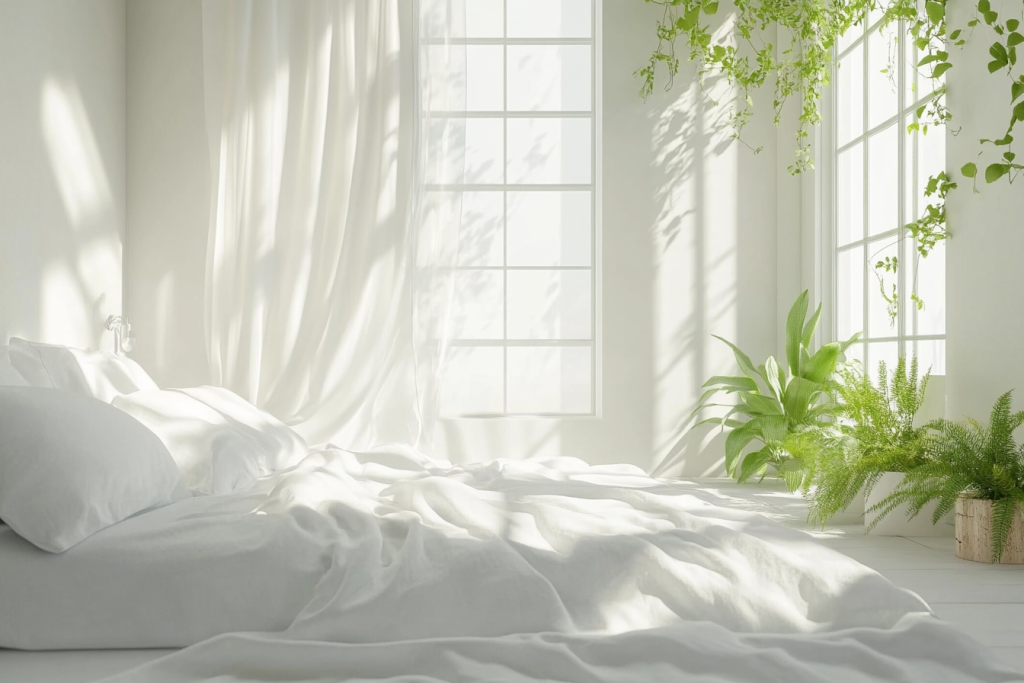In the quest for a healthier indoor environment, humidifiers and air purifiers often top the list of essential home appliances. While both aim to improve air quality, their functions and benefits differ significantly. Modern technology has even led to the development of high-efficiency humidifiers that combine both functions. This article will explore these differences, helping individuals make informed decisions about which device suits their needs best.
What is a Humidifier?
A humidifier (shop dyson air humidifier) is an appliance designed to increase the moisture levels in the air. It is particularly useful in dry climates or during winter months when indoor air tends to become dry due to heating systems. There are several types of humidifiers, each with distinct methods for adding moisture to the air.
Types of Humidifiers
- Evaporative Humidifiers: Utilize a fan to blow air through a wet wick or filter, dispersing moisture into the room.
- Ultrasonic Humidifiers: Use ultrasonic vibrations to create a fine mist that’s released into the air.
- Steam Vaporizers: Boil water to produce steam, which is then cooled before being expelled into the room.
- Impeller Humidifiers: Employ a rotating disk to fling water at a diffuser, breaking the water into fine droplets.
Benefits of Humidifiers
- Prevents Dry Skin and Irritation: Humidifiers help maintain skin moisture and soothe dry nasal passages.
- Alleviates Cold Symptoms: Moist air can relieve symptoms such as sore throats and congestion.
- Protects Wooden Furniture: Adequate humidity can prevent cracking and warping of wood furnishings.
What is an Air Purifier?
Quiet air purifiers for bedrooms, on the other hand, are designed to remove contaminants from the air. This includes allergens, smoke, dust, and pollutants. Air purifiers are especially beneficial for those with allergies or respiratory issues.
Types of Air Purifiers
- HEPA Air Purifiers: Use high-efficiency particulate air filters to trap particles as small as 0.3 microns.
- Activated Carbon Air Purifiers: Employ carbon filters to absorb odors and gases.
- UV Air Purifiers: Utilize ultraviolet light to destroy microorganisms like bacteria and viruses.
- Ionic Air Purifiers: Release charged ions that attach to dust and allergens, which then settle on surfaces.
Benefits of Air Purifiers
- Reduces Allergens: Effective at removing pollen, pet dander, and dust mites from the air.
- Eliminates Odors: Activated carbon filters can neutralize unpleasant smells.
- Improves Respiratory Health: Clean air can lead to easier breathing and reduced asthma symptoms.
- Traps Smoke and VOCs: Helps in reducing exposure to harmful chemicals found in smoke and volatile organic compounds.
Key Differences Between Humidifiers and Air Purifiers
Understanding the primary differences between humidifiers and air purifiers is crucial for determining which device is more suitable for specific needs.
- Functionality: Humidifiers add moisture to the air, while air purifiers remove particles and pollutants.
- Use Cases: Humidifiers are ideal for dry environments and those suffering from dry skin or respiratory discomfort. Air purifiers benefit individuals with allergies, asthma, or those wanting to reduce exposure to air pollutants.
- Operational Mechanism: Humidifiers typically use water tanks to disperse moisture, whereas air purifiers rely on filters or other technologies to clean the air.
- Maintenance: Humidifiers require regular cleaning to prevent mold and bacteria growth, while air purifiers need periodic filter replacements to maintain efficiency.
Choosing Between Humidifiers and Air Purifiers
When deciding between a humidifier and an air purifier, consider the following factors:
- Climate and Season: In areas with dry air or during winter, a humidifier might be more beneficial. In contrast, air purifiers are useful year-round, particularly in urban areas with higher pollution.
- Health Needs: For those with allergies or asthma, an air purifier can provide significant relief. Conversely, individuals experiencing dry skin or nasal passages may find a humidifier more advantageous.
- Room Size: Ensure that the selected appliance is suitable for the room’s dimensions, as both humidifiers and air purifiers come with specific coverage capacities.
- Budget and Maintenance: Consider the initial cost and ongoing maintenance expenses, such as water filter replacements for humidifiers or filter changes for air purifiers.
Ultimately, the choice between a humidifier and an air purifier depends on personal needs and environmental conditions. Some may even find that using both appliances in tandem provides optimal benefits for enhancing indoor air quality. By assessing individual circumstances and preferences, individuals can enhance their living space and well-being.



